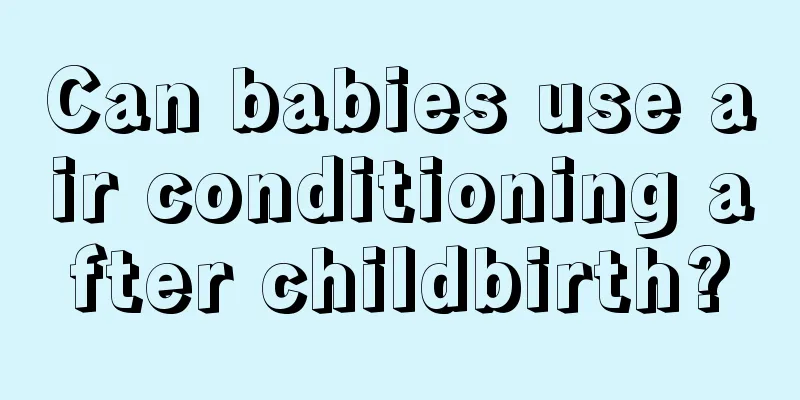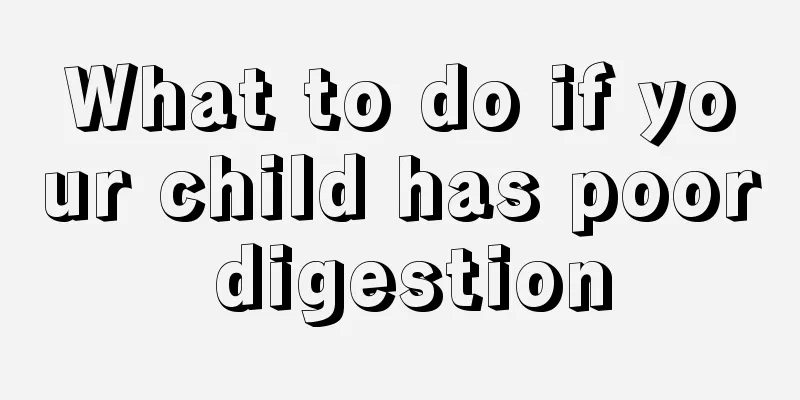Japanese encephalitis vaccine precautions

|
The full name of Japanese encephalitis is epidemic encephalitis Japanese. Epidemic encephalitis Japanese is very difficult to treat, so we must know how to prevent epidemic encephalitis Japanese. Fortunately, we have a good way to prevent epidemic encephalitis Japanese, that is to get vaccinated against epidemic encephalitis Japanese. However, we cannot ignore some details of the vaccination against epidemic encephalitis Japanese. There are many things we need to pay attention to when getting vaccinated with the Japanese encephalitis vaccine. We have summarized six precautions for you to take when getting vaccinated with the Japanese encephalitis vaccine. We hope that these six precautions summarized below will be useful to you. 1. Please note that Japanese encephalitis vaccination should be completed one month before the epidemic season. 2. When vaccinating with Japanese encephalitis vaccine, be careful not to allow disinfectant to come into contact with the vaccine when opening the vial and injecting. If you find lumps that cannot be shaken apart after dissolution, cracks in the vial, or the vaccine turns red before dissolution, you should not use it. The vaccine should be used up within 1 hour after dissolution, and any unused vaccine should be discarded. 3. Healthy children over 8 months old and other healthy people from non-epidemic areas are the targets of vaccination. 4. This vaccine has fewer adverse reactions. Please note that a small number of children may experience transient fever reactions after receiving the Japanese encephalitis vaccine, but it usually does not last more than 2 days and will resolve on its own. Occasionally, scattered rashes may occur, but generally no special treatment is required. 5. The vaccination method for children is to give a subcutaneous injection of 0.5 ml at the attachment of the deltoid muscle on the outside of the upper arm for the first time; a booster injection of 0.5 ml at the age of 2; and another injection of 0.5 ml at the age of 7, after which no more immunization will be given; the vaccination method for other groups can refer to the immunization schedule for children. 6. People with fever, acute infectious diseases, otitis media, active tuberculosis, and heart, liver, and kidney diseases, those with weak constitution, a history of allergies or epilepsy, those with congenital immunodeficiency, those who have recently received or are currently receiving immunosuppressant treatment, and pregnant women should not be injected with the live attenuated Japanese encephalitis vaccine. These are the precautions for Japanese encephalitis vaccination that require special attention. Above we introduced what Japanese encephalitis is. We know that Japanese encephalitis is the abbreviation of epidemic encephalitis Japanese. It is very difficult to treat Japanese encephalitis, but fortunately we have a good way to prevent Japanese encephalitis, that is, to get vaccinated with Japanese encephalitis vaccine. The above article introduced the precautions for getting vaccinated with Japanese encephalitis vaccine. |
<<: What to do if your child has insomnia
>>: What are some ways to improve memory?
Recommend
How to effectively enhance children’s immunity?
Once a child's immune ability deteriorates, i...
What should I do if my three-month-old baby hiccups?
For mothers, nothing is more important than the h...
Symptoms of swollen abdominal lymph nodes in children
Many children have swollen lymph nodes in their a...
What medicine is more suitable for children's mosquito bites and redness?
Children are very active in daily life and sweat ...
What to do if your child has a cough and hoarseness
Nowadays, most families have only one child, so t...
How to care for baby's foamy diarrhea
Babies have rare bubbles. First of all, this phen...
Children have a fever and the palms and soles of their feet are hot. This method can be used to reduce the temperature
Fever is a common disease in babies in daily life...
One and a half year old baby is particularly naughty
It is normal for children to be naughty. Many par...
How to cure children's snoring quickly?
We know that snoring is actually snoring. And it ...
A rash around the child's mouth
I don’t know if you have ever experienced the “go...
Why do children often complain of leg pain?
Children are particularly prone to growing pains ...
How to treat baby neurodermatitis?
If a baby develops neurodermatitis, the impact is...
How many times a day does a bottle-fed baby poop?
Do you know what is so-called artificial feeding ...
Two treatments for neonatal thrush
Do you know what kind of disease neonatal thrush ...
How much rice cereal should a six-month-old baby eat?
After the baby reaches 6 months old, in addition ...









